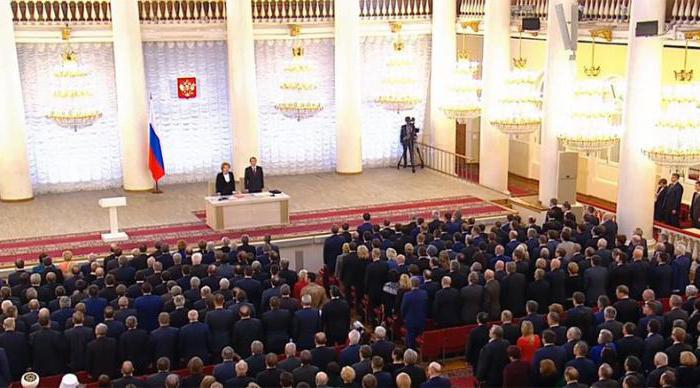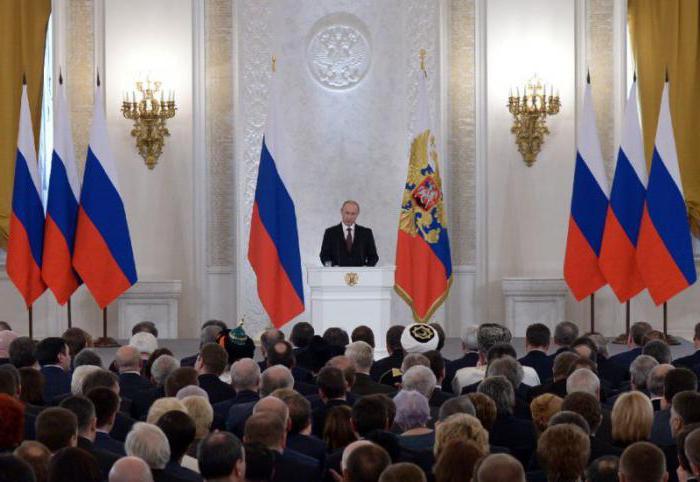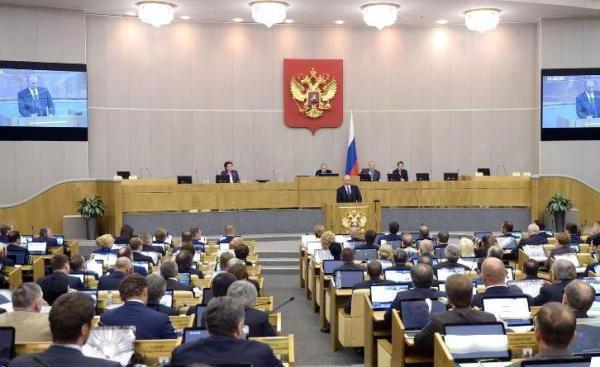The legislative process is a very complex and complicated procedure. This is characteristic both for Russia and for any other country. Such complexity is necessary to exclude various contradictions and conflicts in the domestic legal system. How federal laws are adopted in the Russian Federation will be described in our article.
The effect of the law in time and space
Any adopted normative act is characterized by a connection with the concepts of space and time. The explanation is quite simple. Some laws do not operate on the territory of an entire state, but only on a certain site. So, legal acts in Russia are divided into federal, regional and local. Moreover, even federal laws operate only within the borders of one country.
In time, regulatory acts function differently. Laws may be urgent or unlimited. In the first case, the document works for a certain period of time, after which it loses its legal force. In the case of perpetual acts, everything is a little more complicated. They can be stopped only with the adoption of another law - the so-called derogatory act.
All laws apply to a specific circle of persons. It can be citizens of a particular region, or residents of the whole country. This also includes foreigners and stateless persons located on the territory of the Russian state.
The concept of legislative initiative
All Russian federal laws are adopted after passing through some traditional stages. The first important step is to put forward a rule-making initiative. The right of such an initiative belongs to many representatives of the authorities. These are the president, deputies of the State Duma, senators of the Federation Council, judges of the Supreme and Constitutional Courts, as well as members of the Government.
The circle of subjects of law-making initiative is not so wide. Moreover, some entities have a similar right only in the field of their professional competence. Is there any kind of injustice in the fact that not every person in our country can propose and formulate laws? Of course, there is no injustice here. Citizens of the Russian Federation themselves form the Parliament and vest the powers of individual officials. The latter act as people's representatives in any attempt at lawmaking. Thus, federal laws in the Russian Federation are adopted by the entire population, but not without the help of intermediaries.
Preparation and discussion of laws
So, the initiative to formulate a regulatory act can be approved or rejected. If approved, preparatory processes begin. This consists in identifying social needs, an extensive study of judicial practice, consulting with scientific councils. All this has only one purpose: it is necessary to answer the question of whether to adopt the Federal Law, and on what legal basis it should be done.
After preparation, the discussion begins. The initiator of the bill appears on the rostrum of the Parliament and begins his report. The initiator tries to prove the need for the adoption of the law, in every way motivates other parliamentarians to approve it. Based on the results, the State Duma agrees to reading procedures.
Three readings
Federal laws are adopted by the State Duma only after three approval procedures have passed.We are talking about the readings of the law - a three-stage system for reviewing regulatory acts.
At the first reading, parliamentarians discuss and consider only the most basic provisions of the law. A profile committee is being created, which takes responsibility for the consideration and preparation of the law. If representatives of the Duma make any comments, then the committee is trying to correct them.
The second reading involves a more detailed consideration of the law. Already corrected text is considered in order to detect new errors and problem areas. If inaccuracies are again identified, the document is finalized by the responsible committee.
At the third reading, no additions or changes to the law are made. The bill is read out for the last time, after which it is rejected or adopted. Federal law approved by the State Duma is sent to the upper house of Parliament - the Federation Council.
Acceptance and Publication
Voting for the adoption of the law takes various forms. So, it is holistic and itemized. In the first case, voters are in favor of adopting the full version of the law. In the case of item-by-item voting, elections are held at each individual rate.
Both types of voting are acceptable both in the State Duma and in the Federation Council. Federal laws are passed by a majority vote. If within two weeks the upper parliamentary chamber has not submitted the results of its vote, then the law is considered adopted. All that remains is the signing by the President.
The head of state either approves the draft, thereby giving it legal force, or rejects it. The latter case is called the veto. However, this right can be overcome. To do this, you need to re-examine the law. The results of voting on it should be more than two-thirds of the total number of parliamentarians.
Federal constitutional laws (FKZ) - what is it?
What is FKZ? How does it differ from simple FZ? The answers are already in the title. Since the law is constitutional, it means that it concerns the basic law of the country. The adoption of the FKZ is aimed at changing the norms of the current Constitution.
Federal constitutional laws are adopted in a slightly different way than simple federal acts. Readings are also held, after which the deputies vote. However, a simple half of the votes in this case will be few. For the adoption of the FKZ, it is necessary to collect at least two-thirds of the votes of the members of the State Duma, and three-quarters of the senators of the Federation Council. The president does not have the right to veto federal constitutional law.